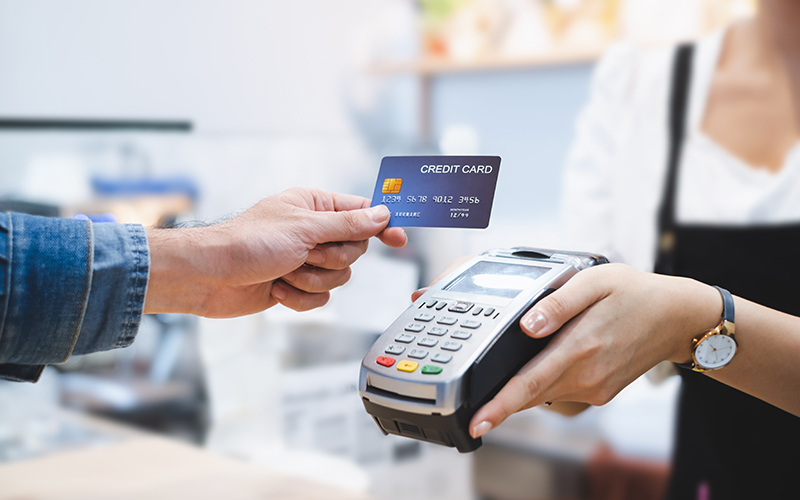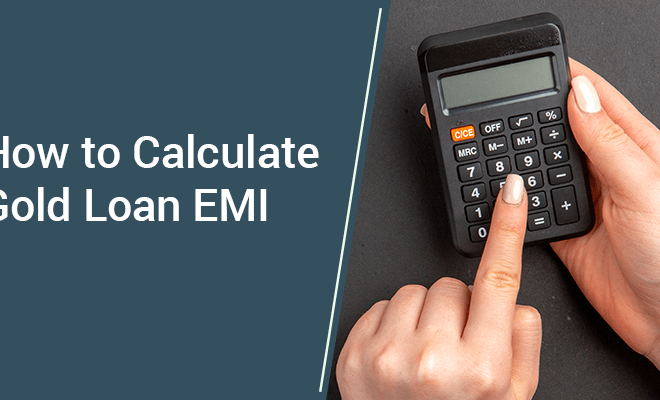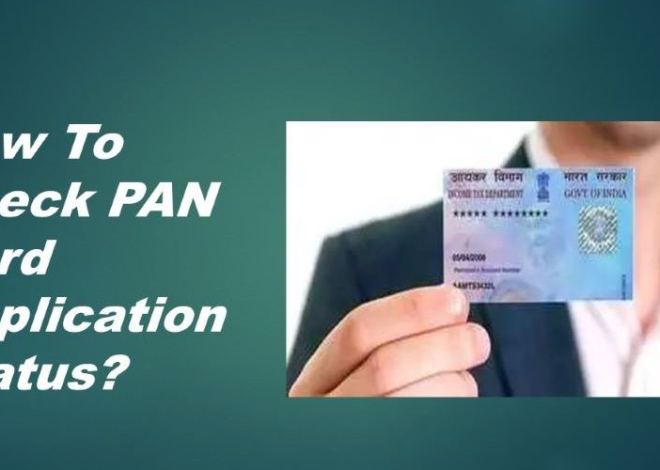
How To Pay Your Credit Card Bills: 7 Important Tips To Consider
Your credit card is a great financial tool that helps you buy now and pay later. You can use the credit available to you for unplanned expenses, handling medical emergencies, or big-ticket expenses. However, it is essential to use it responsibly.
While it opens the door to financial freedom and a better lifestyle, it is necessary to be vigilant about paying your bills on time. Not doing this can harm your financial freedom now and in the future, reducing your creditworthiness too.
You can pay credit card bill through credit card of another company, do an online transfer from your bank account, or convert the bill into EMIs and split payments across a duration of your choice. No matter which strategy you use, ensure you prioritise on-time payment.
Here is a list of things you must know to maximise your credit card benefits while adhering to due dates and ensuring timely repayment.
1. Consider Your Finances
Evaluate your budget before you make purchases with your card. Check your bank statements and analyse your fixed obligations first. From the remainder, decrease recurring payments like subscriptions you no longer need.
Finally, come up with a budget for different categories, such as groceries, electronics, commuting, and more. By using your credit card with care and keeping your budget in mind, you can ensure bill payment is a breeze.
2. Understand The Minimum Amount Due (MAD)
You may think that you can always pay the lowest due amount on your credit card bill first. While this seems convenient, it is not a great strategy. Why? The minimum amount is a small percentage of your total bill. When you pay this amount by the due date, you will not be charged any late payment fees.
That’s not where the story ends. You will still need to pay interest on the balance. That is why you should aim to pay the total bill by the due date. This way, you can enjoy credit without any interest.
3. Use Auto Pay Features
You can manage your card dues hassle-free with this option, where you can link your salary bank account to your credit card. This way, the bill amount will get deducted automatically by the due date.
While this option is great if you tend to forget due dates, ensure you have adequate funds in your account to avoid overdraft fees.
4. Go For The EMI Facility
Repayment by easy EMIs is one of the viable options to pay your credit card bill if it has ballooned into a large amount. Simply contact your credit card company or use the mobile app to explore this option and consider the charges involved.
These include processing fees, prepayment charges and more. This facility can help you pay a manageable amount every month towards your bill and pay off all your dues hassle-free.
5. Check Your Statements Regularly
You must check all your transactions in your credit card statement at regular intervals. This includes checking your account summary, transactions, due dates, and reward points.
Look out for any billing errors (especially on returns) or unauthorised purchases since these can inflate your bill. If you notice anything out of the ordinary, contact your card issuer and contest the charges.
6. Change Your Billing Cycle
Your card’s cycle dictates when you need to pay your bills. While most cycles follow the month, due dates depend on the number of days that your card issuer considers. One card’s bill may be due on the fifth of the month while another card’s bill on the fifteenth.
If you get your salary in the first week of the month, paying your bill on the fifteenth may be unsuitable for you. You have one option to change your billing cycle, so opt for it to make paying bills easier on yourself.
7. Check Hidden Charges
Another aspect to remember is to know if your card involves charges you don’t know about. These may include:
- Credit card fuel charges (surcharge)
- Rewards redemption charges
- EMI conversion charges
- Processing fee for cash advances
- Forex charges
All these charges can increase your total dues, and if you do not keep an eye on them, you can end up with a bill amount that you do not understand or didn’t plan for. Even if you want to pay credit card bill through credit card of another company, you will be charged a balance transfer fee of up to 3%.
Credit cards can be lifesavers but require you to be diligent about bill payment. With these above-mentioned tips, you can ensure you understand the charges and take control of your card. To make managing your card and finances easier, choose the One Credit Card. Thanks to its full-stack mobile app, you can track all your transactions, set up budget limits for various categories of purchases, and spend confidently.
You can also enjoy 5X rewards on your top two monthly spending categories and get money-saving offers on entertainment, education, shopping and much more. Apply now to enjoy financial freedom at your fingertips.


